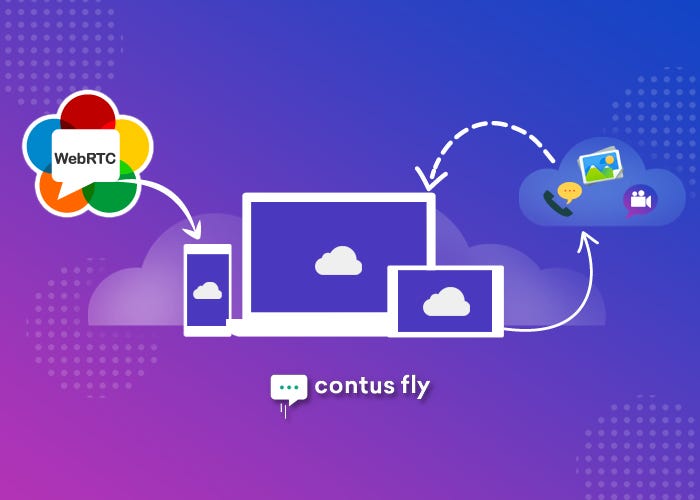
Taking up a vital conversation is made simple by the persistent development of WebRTC that wholly magnifies the video/audio communication for “Enterprises” and “Professionals”. As the importance of video communication has certainly become as sought after while the chat functionality pulled the global market value. The real-time communication technology is the common element which plays multiple roles in exchanging the arbitrary data between the browser without the demand of intermediary. The technology enables web application and mobile applications to stream peer-to-peer audio/video calls directly without the requirement of third-party integration.
“According to Transparency Market Research, WebRTC Market worth is expected to raise the US $81.52 Billion by 2025.”
It’s no surprise that the demand over WebRTC is still an eternal market in building a video chat app that facilitates in every use cases. When it comes to the benefits of using WebRTC enabled chat application, the WebRTC video chat app goes beyond the cost-savings, it provides technical and architectural benefits to the world on a real-time basis. The major industrial-use cases of WebRTC video/voice chat is Consumer Web, Mobile & Social, Broadcast, Education, Sales, Internal & Collaboration and Telecoms.
Coming back to the scenario in building WebRTC Android, iOS video chat app using JavaScript where it plays a robust and highly performing act in web applications and to detect the defects in a real-time basis. Though multiple programming languages, database & OS such as peer.js, node.js, in Linux and Firebase are used to build WebRTC video/voice chat app for Android, iOS & Web. Node.js have been the major server-side framework to create WebRTC signaling server. Let us take a close look at the parameters that pushes JavaScript over other languages.
Why Choosing JavaScript (Node.js) as the Core Language than Other Programming Languages in Building WebRTC Video/Voice Chat App?
Considering Node.js as the core framework in running the JavaScript on server-side, which certainly initiates the call process and it is also called as “JavaScript Runtime Built” which is a perfect model for data-intensive in a real-time application that runs on across multiple distributed devices. The lightweight and efficient acts as a run-time environment in developing WebRTC video call mobile app for Android, iOS & Web. Certain parameters that entice the developers to rely on Node.js in building the video chat application that performs seamlessly on multiple platforms.
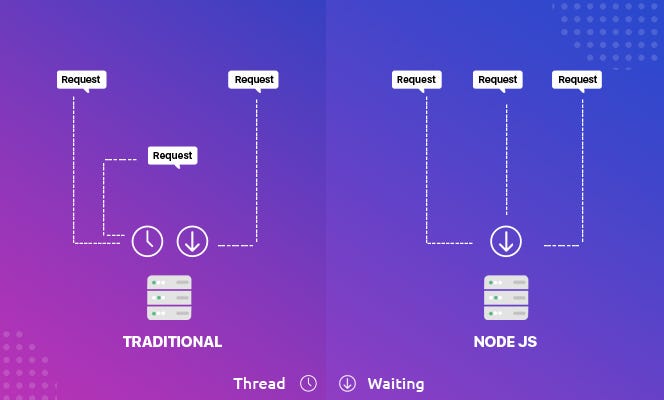
#1 Real-Time Web Application:
Once the low-level sockets and protocols were the real solid muddle for developers, Now the perks that node.js offers to build a real-time web application such as WebRTC voice/video chat app in a lightning speed and withhold multi-user real-time applications. This event-driven architecture has the potentiality to cater absolute faster synchronizing of server-side and client-side which are written in JavaScript.
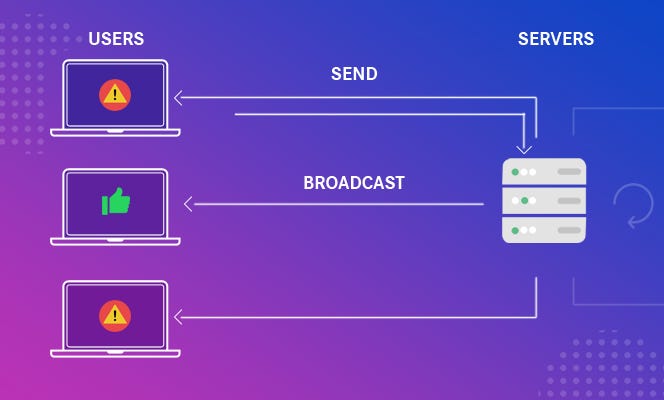
#2. Concurrent Request Simultaneously:
Since Node.js is a compatible server-side framework which can be equipped as a server-side proxy and offers non-blocking IO which can manage a massive amount of connections simultaneously. The system can handle simultaneous request where your WebRTC video chat app will not commit excessive RAM within the device and the incoming request are queued at the fast rate and executed in quicker session than other languages like Python and Ruby.
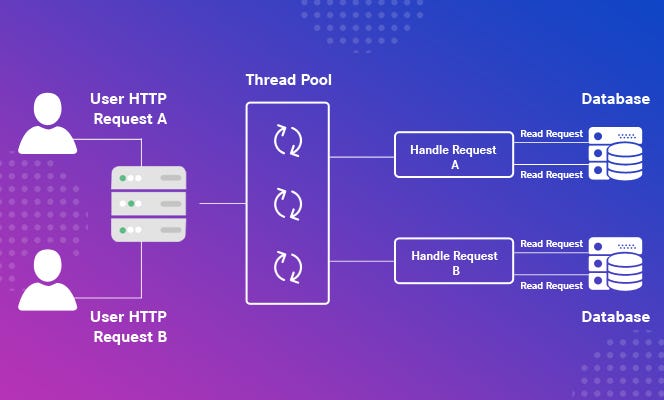
#3. Ideal Community Friendly:
Though node.js is popularizing across the business, the community is also mushrooming to provide exceptional modules that are absolutely ideal for integration of video call into the website and mobile applications. There is a diverse variety of module available in the community where Socket.io is used to manage the constant communication between both the servers to provide real-time updates instantly.
Apart from the actual reasons beyond building WebRTC video chat app, opting for some third party integration of video call into website/app and video calling integration providers has the potential to create a peerless video chat app that runs ultimately on Android/iOS & Web.
Contus Fly — Reputed WebRTC Video/Voice Integration Providers
Introducing Contus Fly — a readymade messaging SDK for Android & iOS, Chat API for Website, WebRTC solution providers having years of experience and reputation in providing video call API’s for websites and video calling SDK for Android/iOS that performs persistently (peer-to-peer connection) in delivering real-time video/voice chat functionality across the browsers & platforms. Contus Fly provides a completely one-time payment of integration of video call into your website/app which is unlimited usage base whereas other providers offer usage-per cost. Contus Fly makes the integration of the WebRTC signaling process at a sublime where the customization on any platform gives you more power in video/voice call chat functionality than ever before.
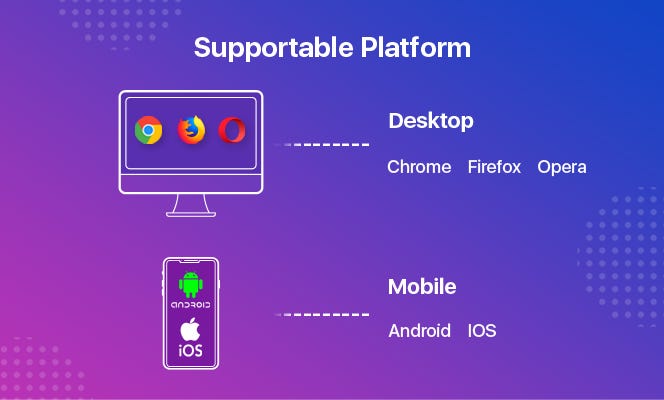
Bottom line:
Thus, there are multiple programming languages available to build WebRTC video chat app but only certain languages such as JavaScript have the capability to deliver the exact video/voice chat app that the user expects. On the global market of WebRTC signaling, Node.js is the ideal choice to build a ideal WebRTC enabled video chat application that delivers phenomenal performance, creates API’s, handles the concurrent request and demand scalability to develop your successful WebRTC video/voice chat application in Android, iOS & Web.
SORUCE:
WRITE BY
Veeraeswari
Like munching on tech trends, follows emerging players in the mobility and loves debating in Q & A websites.
